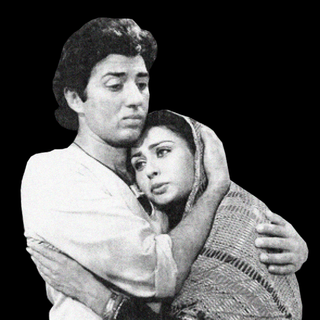It wasn’t long after Zöe Kravtiz posted a picture calling out the infamous Oscars “slap” in Instagram caption when the Internet swiftly descended on her with “receipts” — evidence of questionable behavior. It revoked her status as a reigning Internet darling, turning her into yet another celebrity with problematic statements and associations on record.
Kravitz calling out Smith prompted fans of the latter to dig up an old statement of hers where she “thirsted” after Smith’s son Jaden. Her continued friendship with Alexander Wang also came under the radar and, given Wang’s history of alleged sexual abuse, was called out.
These are important conversations to have and to hold Kravtiz accountable for. But the sequence of events made the whole thing play out in a rather retaliatory way rather than one that seeks true accountability. It speaks to a time when conversations about power, accountability, and harm are increasingly wielded as tools to bring celebrities down in fan wars.
Moreover, it frames the conversations themselves around individual celebrities who, perhaps, only represent the symptoms and not the cause. All this turns the important issues at hand into an exercise in sharpening knives against someone, rather than looking at the broader cultural implications.
Related on The Swaddle:
Cancel Culture Cannot Be The Knee Jerk Reaction To Mildy Controversial Gaffes
It isn’t likely that Kravitz will bear any serious consequences for these revelations — other than not being the Internet’s goddess anymore. But it shows how the conversation about The Slap, as it were, is reduced to talking about specific individuals rather than interrogating cultures of humor, violence, and all the shades of grey involved. It also speaks to how fast the news cycle spins a particular incident — with different people, ideas, and perspectives jostling for space to be heard before the cycle moves on. In such a context, Kravitz’s “cancellation” keeps the conversation going for a while longer. But the conversation has now become about pitting individual celebrities against each other and taking up space in what could have otherwise been a moment to pause and introspect.
Though there is something to be said for calling out Kravitz’s hypocrisy, the excessive focus on maintaining a ledger of all her problematic actions to weaponize it against her, or even to focus the entire debacle on individual critics itself, turns what began as a tool of accountability into something silly — taking away from the valid critiques of anyone’s actions at all.
To put it more plainly: there is nothing constructive in digging into someone’s past if it’s for the express purpose of canceling them, as a person, and not the culture they represent. There is something less than savory about having conversations about predation and complicity if it does little more than uphold a fan war. It shows how we live in a moment where celebrities represent an ensemble of values — used by fans to have their images clash with one another rather than trying to achieve anything real from the heated discourses.
This isn’t the first, nor will it be the last time that important questions of accountability have been reduced to a single moment in a particular celebrity’s past. The ongoing tussle speaks to how it is time to stop anchoring the big questions on beautiful, famous individuals altogether — doing so isn’t likely to produce any answers, and will only serve to minimize matters of social justice.




